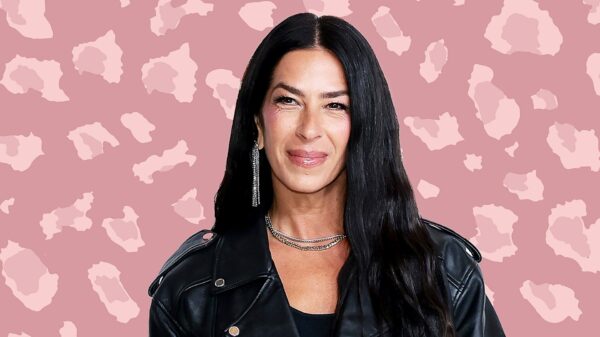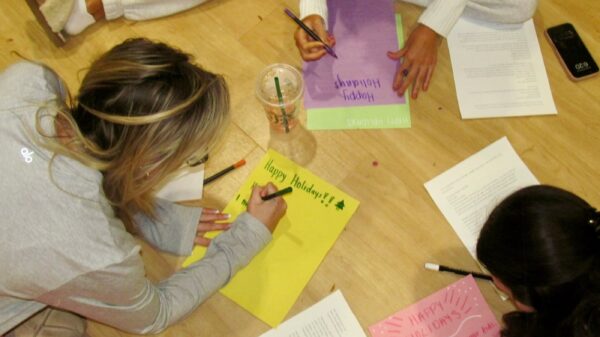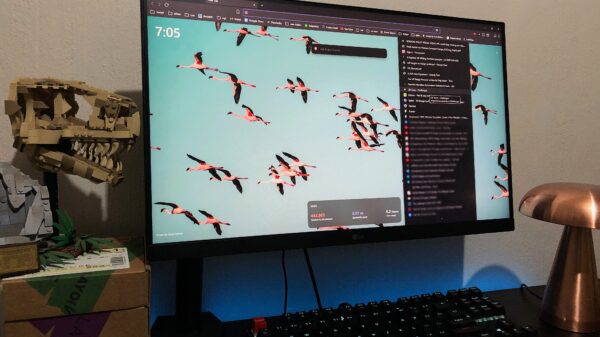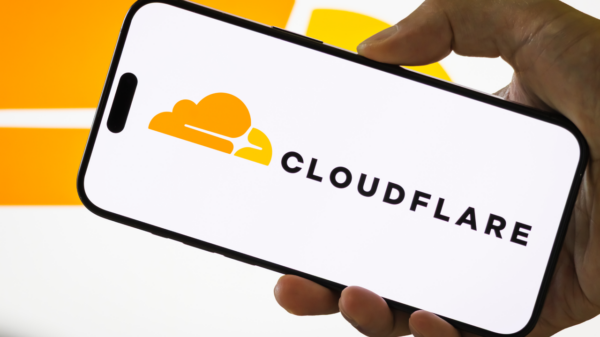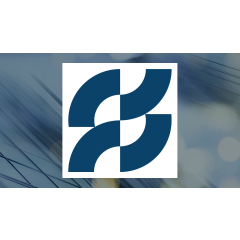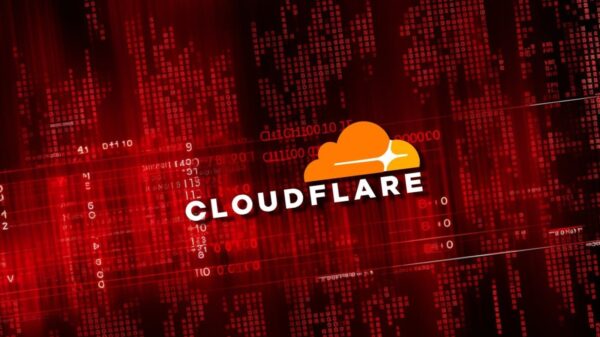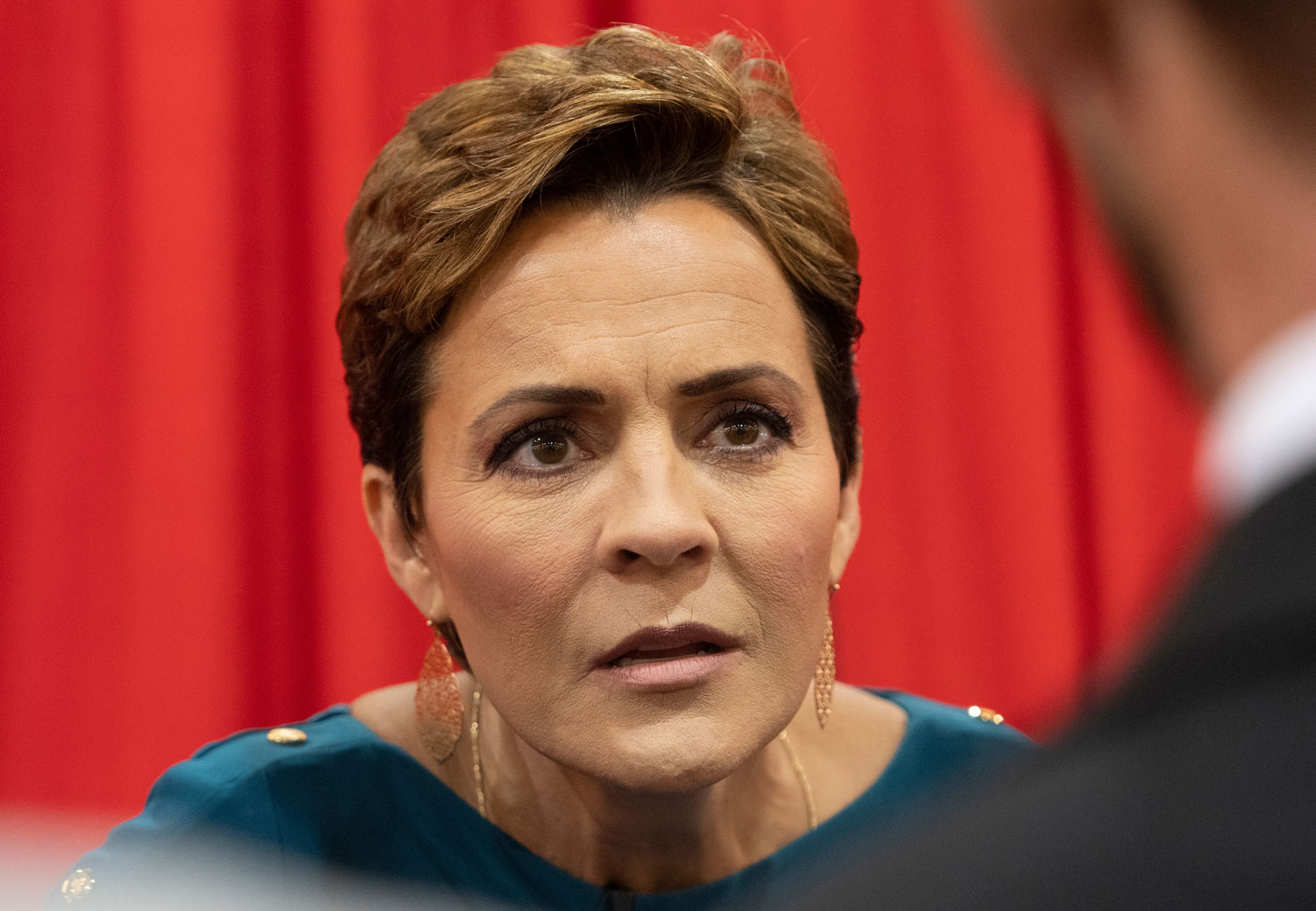Kari Lake, a senior advisor for the US Agency for Global Media, sparked controversy during a memorial service for Charlie Kirk at the Kennedy Center in Washington, DC, on March 10, 2024. In her remarks, she labeled colleges as “indoctrination camps” and suggested that Tyler Robinson, the suspect in Kirk’s murder, had been “brainwashed” by his brief time in higher education.
Lake’s comments came during a gathering of supporters aligned with the Make America Great Again (MAGA) movement, who gathered to honor Kirk’s life. Her speech, which has drawn criticism for its inflammatory rhetoric, focused on the alleged influence of educational institutions on young minds.
According to reports from The Daily Beast, Lake claimed that Robinson’s experiences at college contributed to his actions, asserting that just one semester at Utah State University was sufficient to alter his mindset. Robinson had enrolled at Utah State in 2021 but left after one semester. He later pursued an electrical apprenticeship at Dixie Technical College and was in his third year at the time of his arrest.
Robinson’s grandmother, Debbie Robinson, emphasized that Tyler comes from a family that supports former President Donald Trump. This background contrasts sharply with Lake’s portrayal of college environments as harmful and coercive.
Lake’s assertion has raised questions about the influence of educational settings and their role in shaping young adults’ ideologies. Critics argue that her comments not only mischaracterize the educational experience but also divert attention from the serious issues surrounding gun violence and mental health.
A clip of Lake’s speech has circulated online, further fueling debates about the narrative surrounding higher education and its perceived dangers. The ongoing discussions reflect a broader national conversation about the impact of educational institutions on youth, free speech, and the political landscape.
As the investigation into Kirk’s murder continues, Lake’s statements underscore the contentious nature of the dialogue regarding education and its societal implications.


